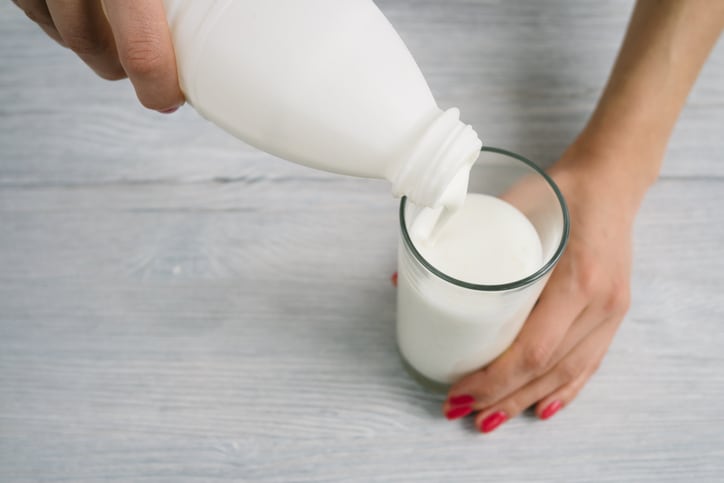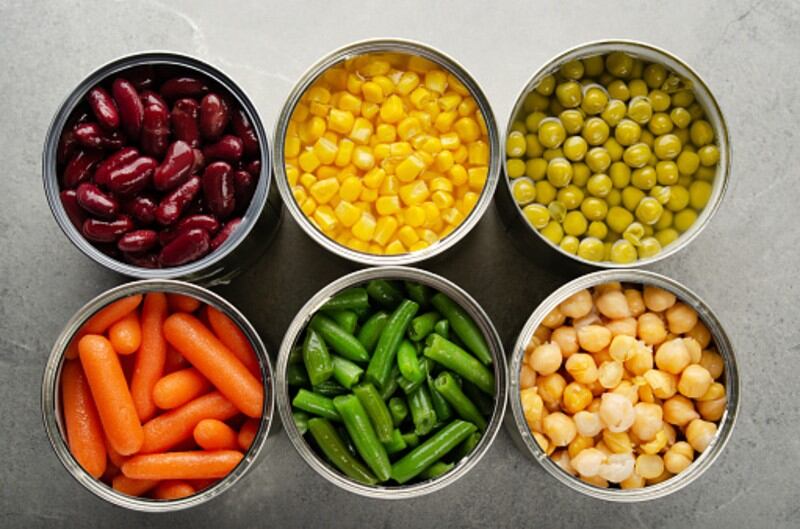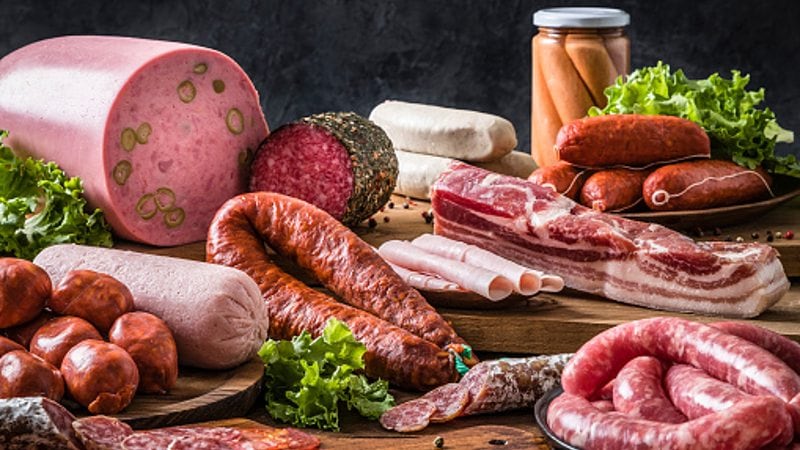Doogh, also known as ayran in Turkey or lassi in India, is a fermented Iranian dairy drink made with yoghurt, salt, water, herbs and bacteria.
The yoghurt drink is treated as a nutritional beverage for its higher digestibility, calcium, vitamins and various probiotics compared to milk alone.
However, the high nutrient level and low pH made this drink an ideal media for microbial growth.
So preservatives such as sodium benzoate, natamycin and potassium sorbate with anti-bacterial and anti-fungal properties are often added to prevent spoilage and extend shelf-life.
In Iran, sodium benzoate, natamycin and potassium sorbate are banned in dairy products, even though these preservatives are generally recognised as safe (GRAS) according to the US Food and Drug Administration.
Researchers at Iranian research institutes and universities analysed the presence of preservatives in 60 samples of commercial bottled doogh, where sodium benzoate was detected in 0.1% of samples, and natamycin found in 0.11% of samples.
They also assessed salt levels in doogh and kefir products. The findings were published in the International Journal of Food Science.
Methodology
All samples were collected across Iran from January to March 2021.
Doogh samples were examined for the three preservatives, salt content, while kefir samples was solely tested for salt level.
Findings
For doogh samples, no potassium sorbate was detected, while 0.1% contained sodium benzoate, and 0.11% contained natamycin.
Researchers said: “Despite the ban on preservative use, some dairy manufacturers may use different preservatives illegally in order to solve the microbial contamination, particularly in summer. So, surveillance of these preservatives is crucial not only for food safety and quality assurance purposes but also for human safety.”
In terms of salt content, Kefir had a significantly lower amount thann doogh.
“Therefore, it is a better option for consumption by high-risk groups such as high blood pressure,” researchers said.
“The quality of doogh and kefir samples were acceptable in terms of salt content. Taken together, no serious public health concern would arise relating to these additives (preservatives and salt).”
“Comprehensive supervision of the dairy industry by legislation organizations to restrict uncontrolled usage of these preservatives is crucial to ensure human safety and quality control of products.”
Source: International Journal of Food Science
https://doi.org/10.1155/2021/3009795
“Microbial and Chemical Characteristics of Doogh (Iranian Fermented Milk Drink)”
Authors: Sara Mohamadi, et al.




